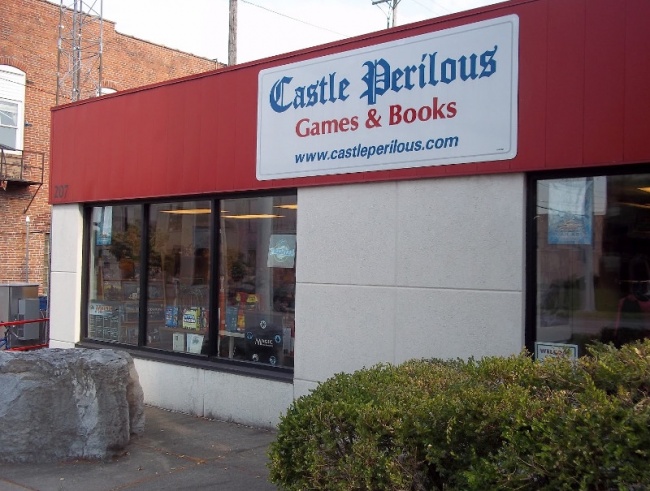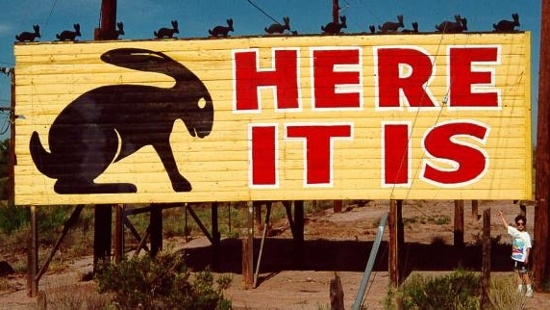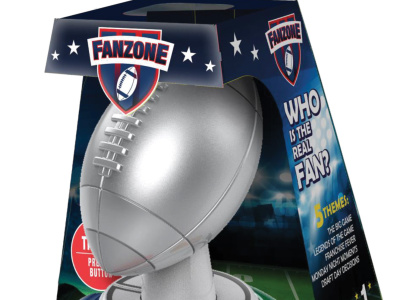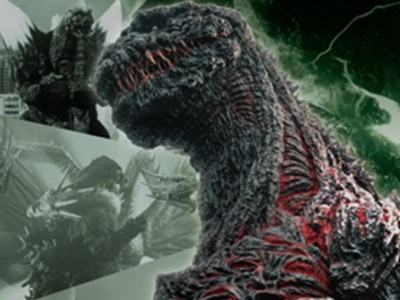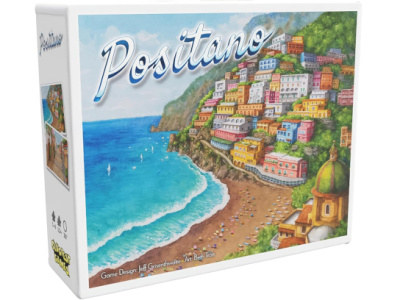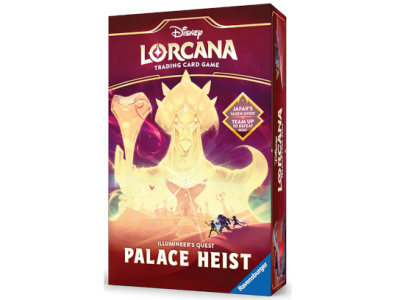Rolling for Initiative is a weekly column by Scott Thorne, PhD, owner of Castle Perilous Games & Books in Carbondale, Illinois and instructor in marketing at Southeast Missouri State University. This week, Thorne responds to criticisms of the brick and mortar game store model as "antiquated."
Well, it certainly looks as if Privateer Press’s broadside against "free riders" (see "Privateer Axes Offending Online Retailers") has had some effect as several online miniatures retailers have either reduced the discounts they offer on Warmachine and Hordes and other Privateer Press products, come out in support of the new policy, or both. Meanwhile, online purchasers write protests in forums against the new policy, arguing it was hurting those players who "wanted to play the game but could not afford to do so" (?) and supporting "entitled" brick and mortar stores who continued to cling to an antiquated and broken business model. You know, the business model that has seen steady increases over the past decade; the one that has absorbed the introduction of hundreds of new boardgames every year; the one that has generated record sales of Magic: The Gathering, Yu-Gi-Oh!, and Pokemon; the one that saw stellar sales of print versions of Dungeons & Dragons in a RPG market dominated by PDFs; the one that has welcomed some of the most innovative RPG designs since role playing games first hit the market? Yeah, that broken and antiquated business model.
One common recommendation proposed by online purchasers to alleviate the travails of the brick and mortar store is to give customers the deep discounts they want while moving to more of an event center or club model, wherein the store provides table space and terrain and other accoutrements and in return the players pay a fee for use of the space. I noticed one poster who said he (or she) would "be happy to give the store a buck or two" as a thank you for using the space. Stores relying on this model in the U.S. have had a notoriously short lifespan, while some posters indicated this method was wildly successful throughout Europe. However, when I visited France a few years ago, courtesy of Wizards of the Coast, and got the opportunity to look at several game stores, I noticed they used the same antiquated model that prevails here in the States, offering both merchandise and event space. In fact, with even higher per square foot rents than found in the U.S., the more desirable front of the store was given over to merchandise space while event tables got shunted to the rear of the building or even an upstairs location.
Meanwhile, some of the online retailers that have complied with Privateer’s new policy, even those that give lots of support both in their physical store and on the website, with rapid customer response, high quality how-to-play videos and in-store league play, are seeing significant drops in sales as discount-seeking customers, despite their posts of how much they love the customer service and all the bells and whistles on the website supporting Warmachine and Hordes, go elsewhere for cheaper offers. So much for customer loyalty.
In this week’s installment of Route 66 marketing, the Jack Rabbit convenience store and curio shop, located in eastern Arizona, at one time had dozens of billboards lining the highway east and west for over a hundred miles in either direction, culminating in the huge "Here It Is" sign at the Jack Rabbit. These signs brought in hundreds of travelers a day interested in seeing what had been advertised to them for so long. Now, the first sign appears less than 10 miles away and the day I visited, only one other car was in the lot. If you are going to remain successful selling products that customers want, but don’t need, you need to keep creating excitement, whether through billboards as in years past or through social media today.
The opinions expressed in this column are solely those of the writer, and do not necessarily reflect the views of the editorial staff of ICv2.com.
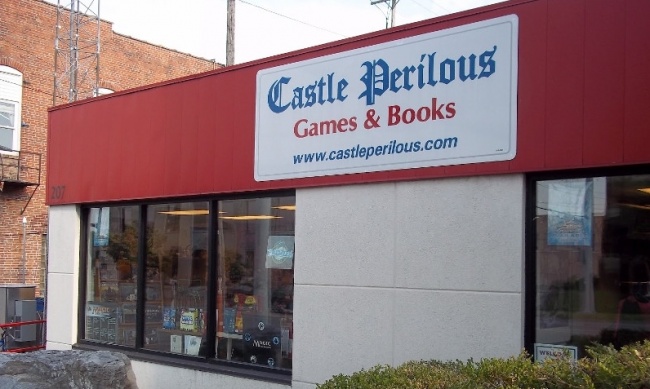
Column by Scott Thorne
Posted by Scott Thorne on April 10, 2016 @ 11:41 pm CT
MORE GAMES
With 'Fanzone: Electronic Football Trivia Game'
July 18, 2025
Ultra PRO will release Fanzone: Electronic Football Trivia Game into retail.
Booster Set Adds King Ghidorah, Gigan, and Spacegodzilla
July 18, 2025
Bushiroad announced a second booster set for Godzilla Card Game.
MORE REVIEWS
ICv2 Stars: 4 (out of 5)
July 11, 2025
Here's a review of Positano, published by Slugfest Games.
ICv2 Stars: 3.5 (out of 5)
June 20, 2025
Check out the review of Disney Lorcana TCG: Illumineer's Quest - Palace Heist, from Ravensburger.



